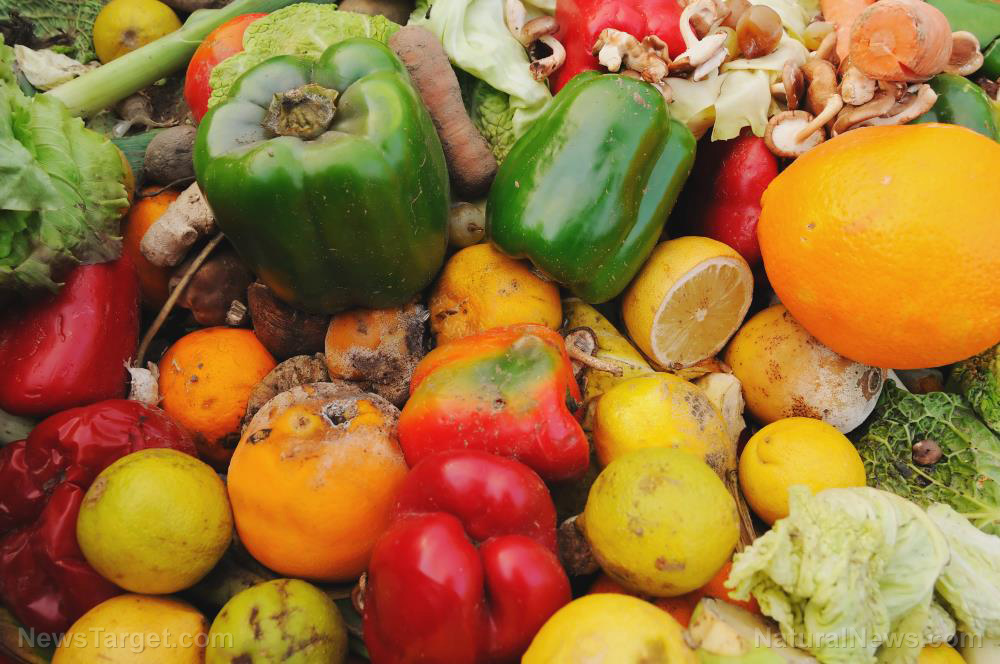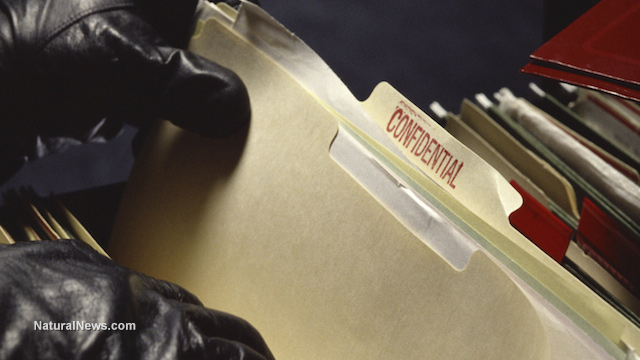
The Research Consortium Program for Agricultural Product Development is a joint research effort from the South Australian government, academic institutions and various stakeholders from the agriculture and food sector industries.
The researchers will study new techniques to make use of the high volumes of agricultural waste from South Australia’s primary production. They plan to make sunscreen from mushroom waste, skincare products from apples and berries, and high-tech materials from Brussels sprout stalks, among other things.
“Up to 40 percent of the total harvest of South Australia’s primary production can end up as waste, sometimes left to rot in the field or turned into low-value products such as compost or animal feed,” said Vincent Bulone, a professor of agriculture at Adelaide and the director of the research consortium.
Converting food waste into consumer products
Bulone said that food waste contains natural compounds with high-value potential applications. For one, many plants act as prebiotics or antioxidants and have anti-inflammatory and antimicrobial properties. Meanwhile, carbohydrate-rich foods provide mechanical strength and texturizing properties that can be used for food, lubricants, cosmetics and structural materials.
“We plan to increase the value of agricultural waste and create new post-farmgate industries worth over $100 million a year to South Australia,” said Bulone.
The researchers already have several projects underway. In one study, the team will isolate anthocyanins from apples and berries and use these compounds to make skincare products. In another study, they will investigate how cellulose molecules from waste Brussels sprout stalks and other kinds of biomass can be used as replacements for glass fibers in filtration systems. A third project involves extracting vitamin D, beta-glucans and chitosan from mushroom waste for use in nutraceuticals and sunscreen materials.
“Our research will cover the entire value chain from our local growers to manufacturers of food products and beverages, skin care products and green materials,” said Bulone. (Related: Ambitious study looks at converting food waste back into food.)
The consortium is partly funded through a $4 million grant from the South Australian government's Premier's Research and Industry Fund, which provides support to the region's research community. Minister for Innovation and Skills David Pisoni inaugurated the research consortium's launch in October last year.
“Science and research are of enormous value to our economy, our society and critical to South Australia’s prosperity,” said Pisoni.
Agricultural waste for removing water contaminants
Agricultural waste has diverse applications, and scientists are now beginning to unravel its many uses. In a 2020 study, researchers from Pennsylvania State University and the U.S. Arid Land Agricultural Research Center in Arizona showed that biochar – a charcoal-like substance made primarily from agricultural waste – can be used to remove pharmaceutical contaminants from treated waste water.
The researchers tested the ability of biochar derived from cotton gin waste and guayule bagasse to adsorb (stick to the surface of a material) three common pharmaceutical compounds in an aqueous solution. These are sulfapyridine, an antibacterial medication commonly used in veterinary medicine; docusate, a stool softener; and erythromycin, an antibiotic used to treat infections and acne.
Results showed that the biochar from cotton gin waste adsorbed 98 percent of the docusate, 74 percent of the erythromycin and 70 percent of the sulfapyridine. Meanwhile, the biochar derived from guayule bagasse adsorbed 50 percent of the docusate, 50 percent of the erythromycin and 5 percent of the sulfapyridine.
The researchers observed that increasing the temperature from 650 to about 1,300 degrees in the process used to convert the agricultural waste materials to biochars drastically enhanced absorption.
Lead researcher Marlene Ndoun, a doctoral student at Penn State's Department of Agricultural and Biological Engineering, said that she wants to scale up the technology to create low-cost filters for resource-limited communities.
Learn more about the uses of food waste at Products.news.
Sources include:
Please contact us for more information.























